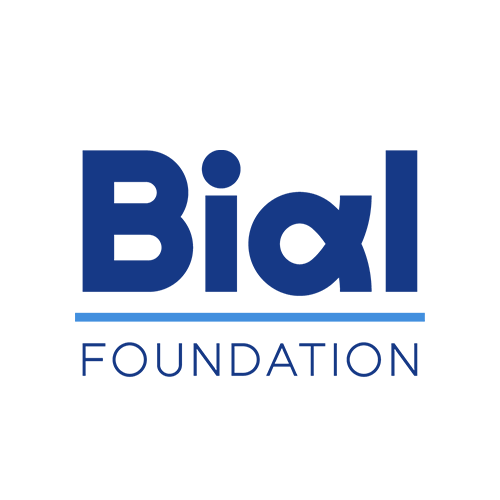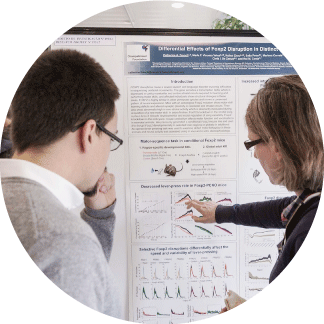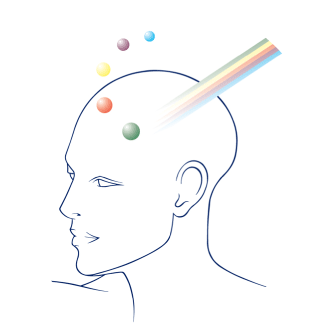News
Top Stories

Web-based mindfulness intervention improves memory and attention in the elderly
A research team assessed cognitive, psychological and physiological outcomes of a mindfulness-based intervention in healthy older adults.

Identification of a molecule involved in fear extinction opens avenues for new therapies for anxiety
The discovery of mediator responsible for altering fear memories could contribute to the creation of new therapies for the treatment of anxiety disorders.
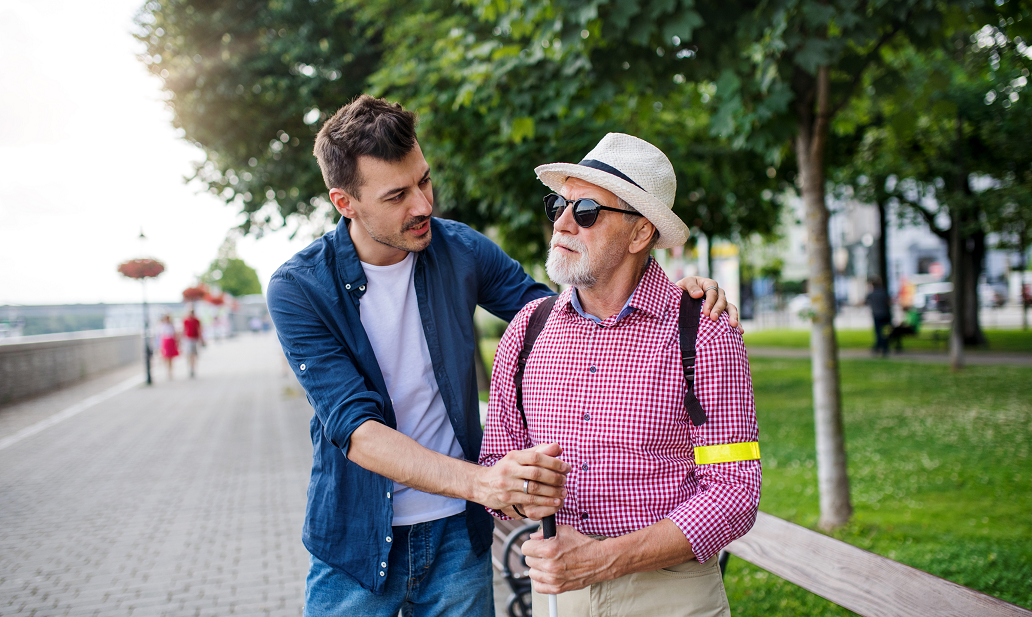
Does blindness affect the way we perceive whether an emotion is authentic or posed?
The results showed that the late-blind participants performed worse in the assessment of emotional authenticity.
News

Illusory beliefs: An invisible obstacle to medicine?
A study shows that the stronger the belief in pseudoscientific ideas, the greater the distrust in conventional medicine.
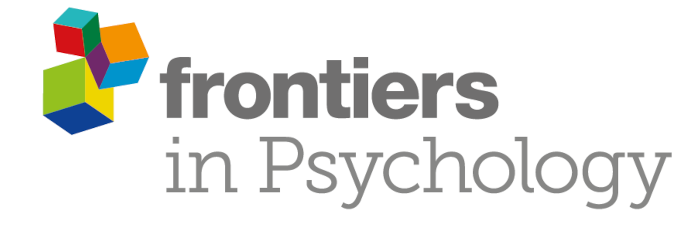
Why are some mothers more vulnerable to perinatal depression?
A study tracked the trajectory of perinatal depression at four distinct points – in late pregnancy, and at 3, 6, and 9 months postpartum.
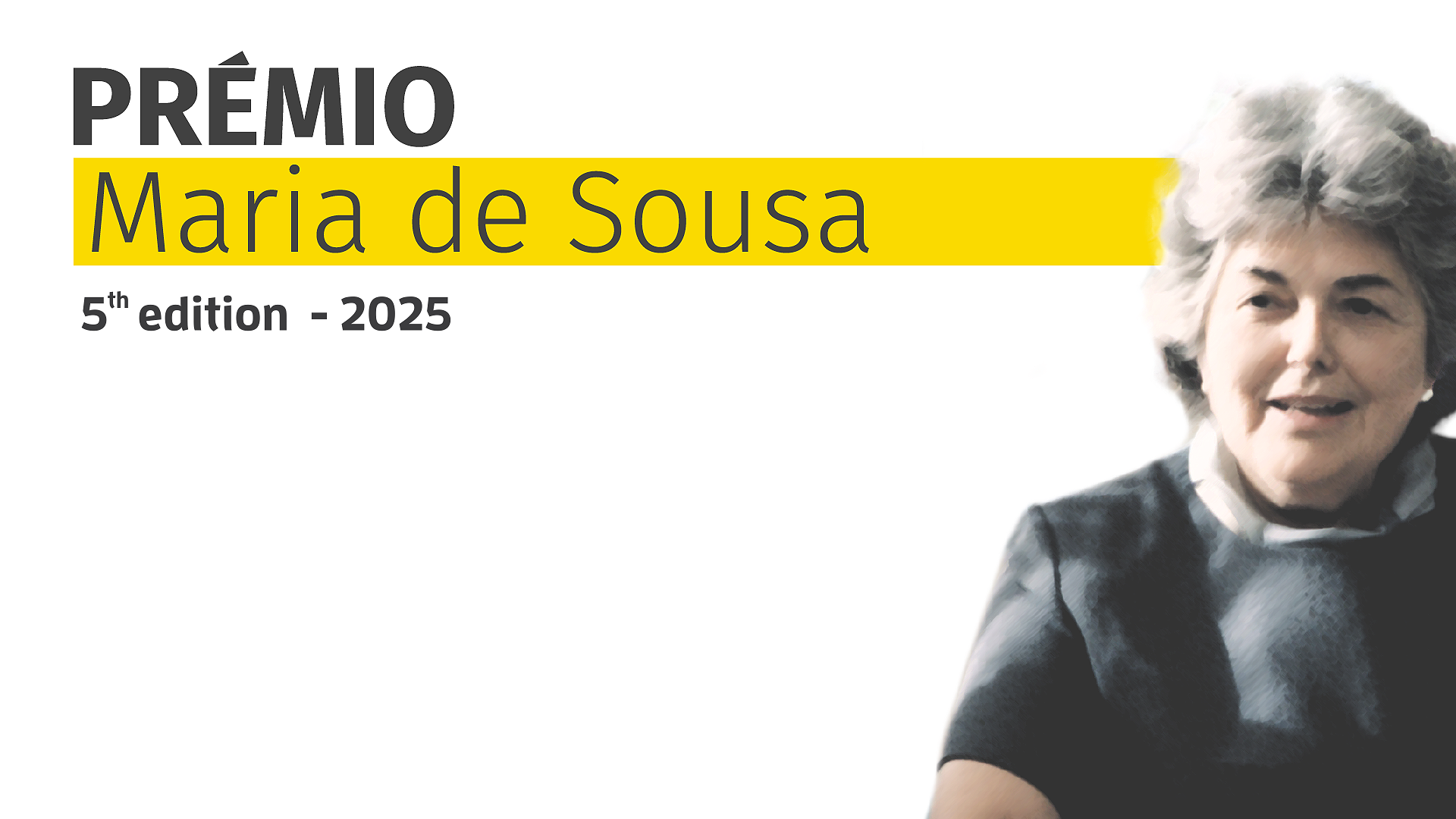
Maria de Sousa Award 2025: applications are open until May 31
The Maria de Sousa Award aims to award and support young Portuguese researchers, aged 35 or under, with scientific projects in Health Sciences.


